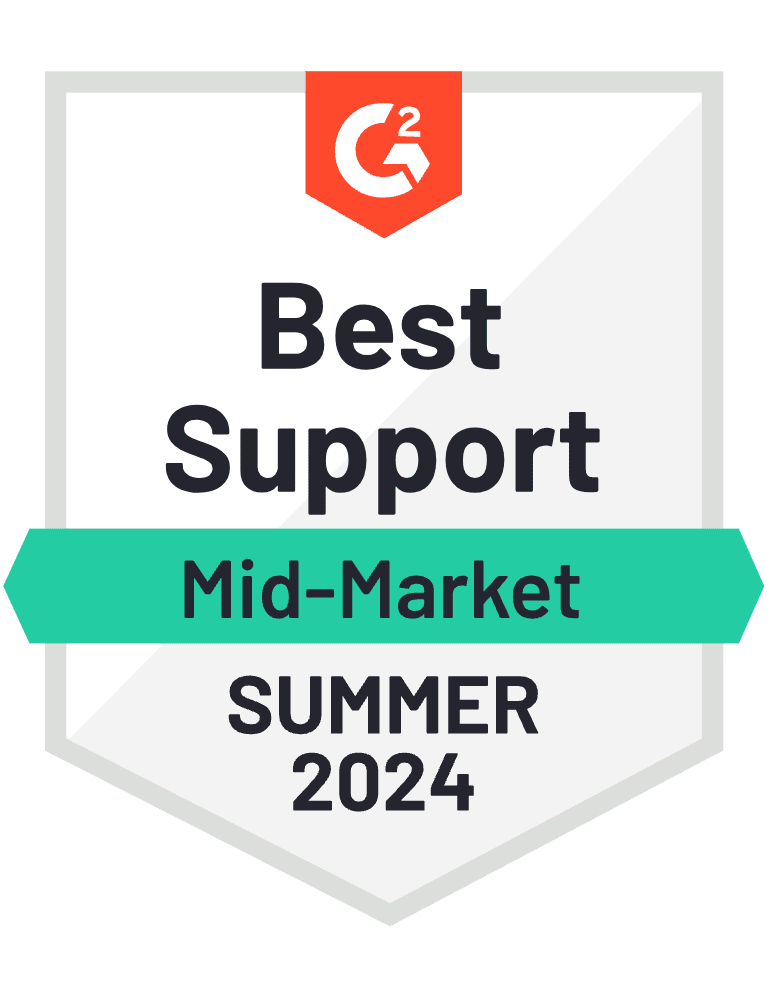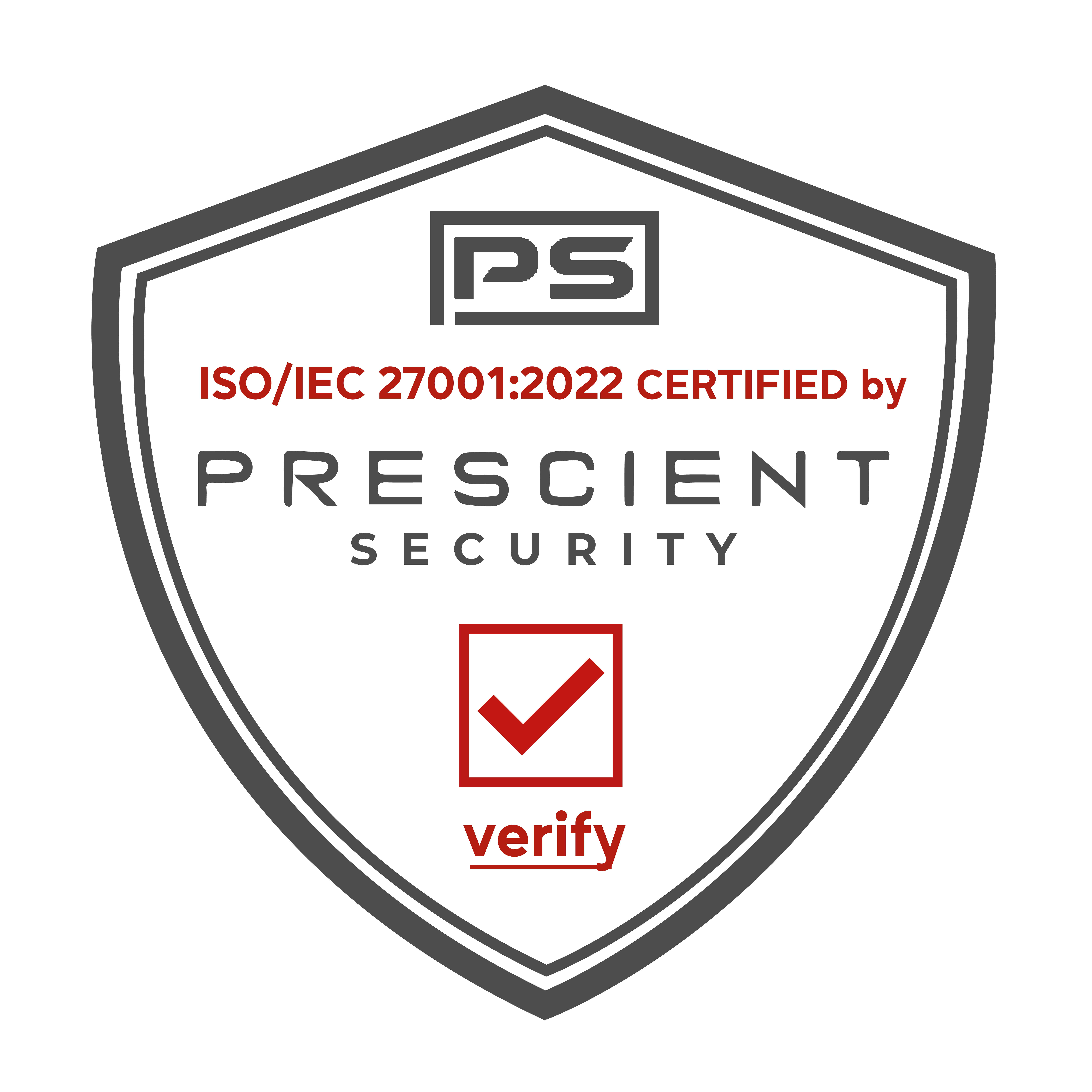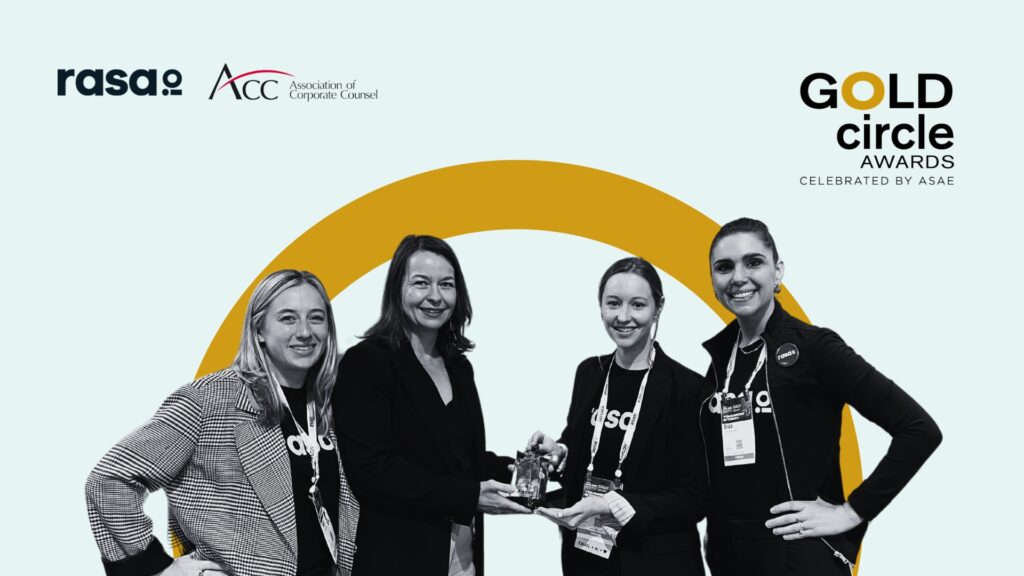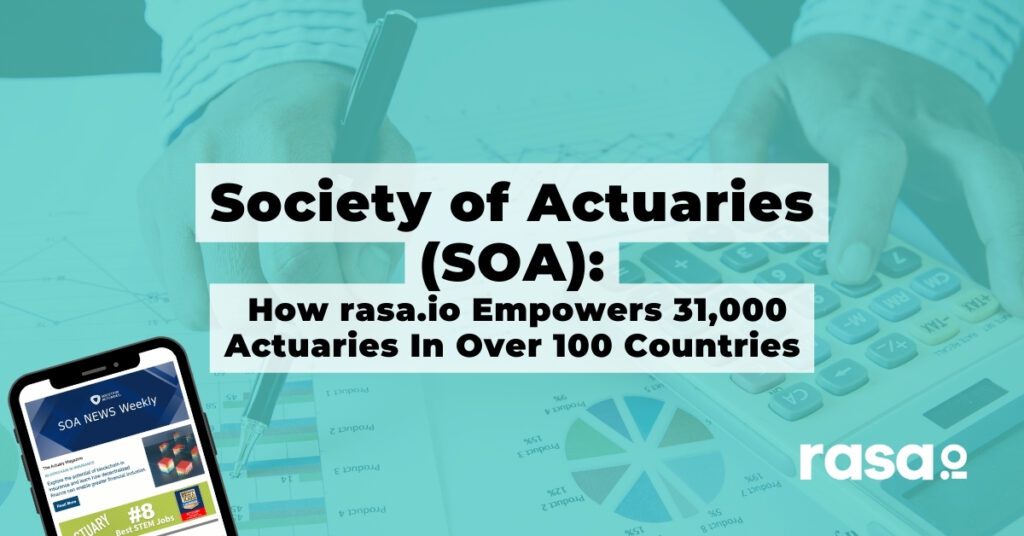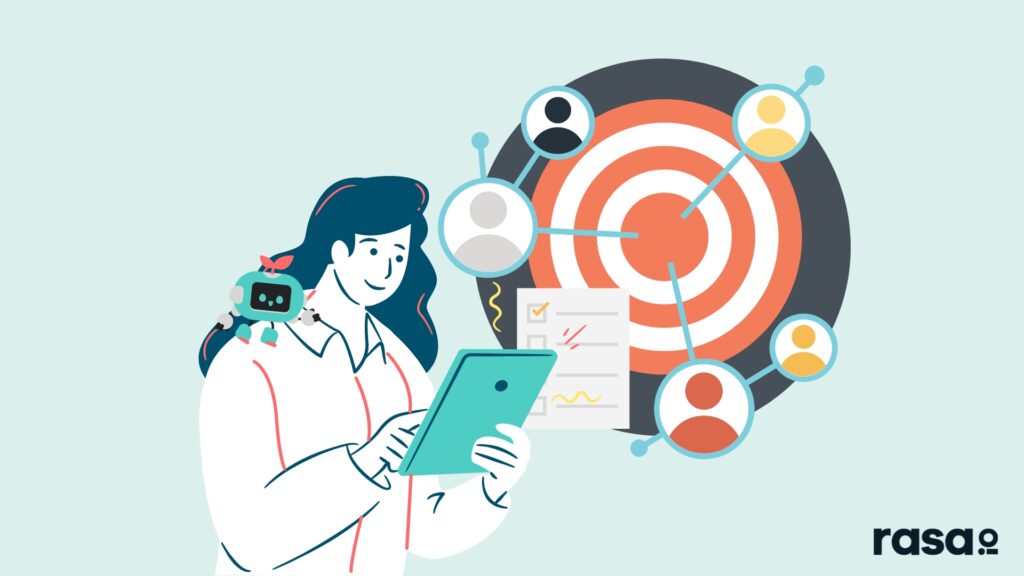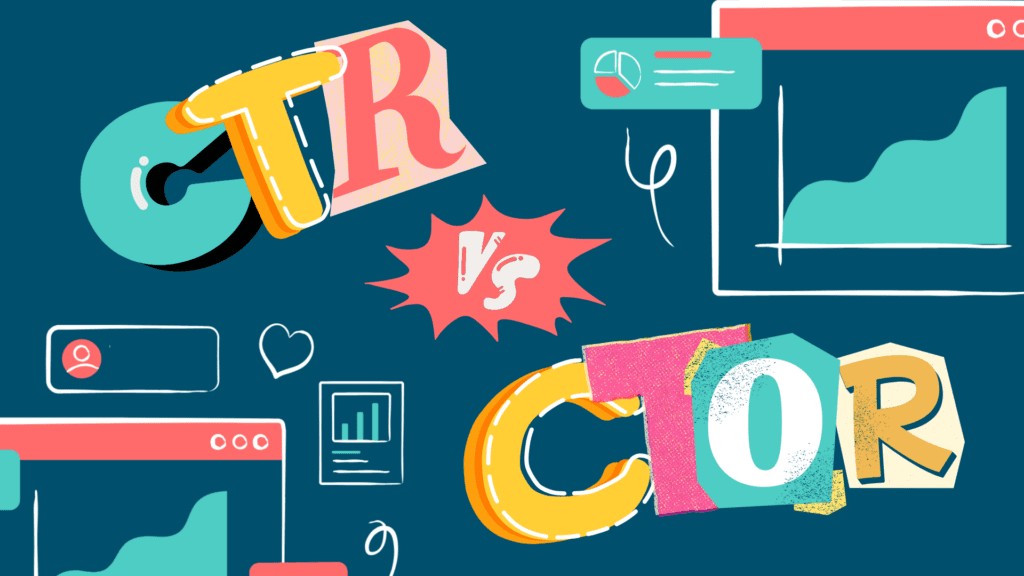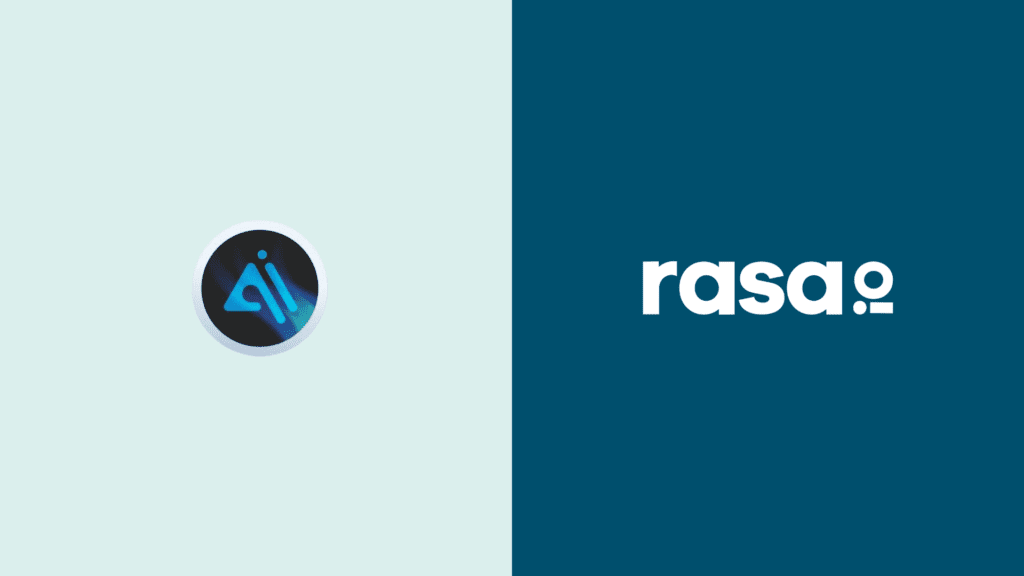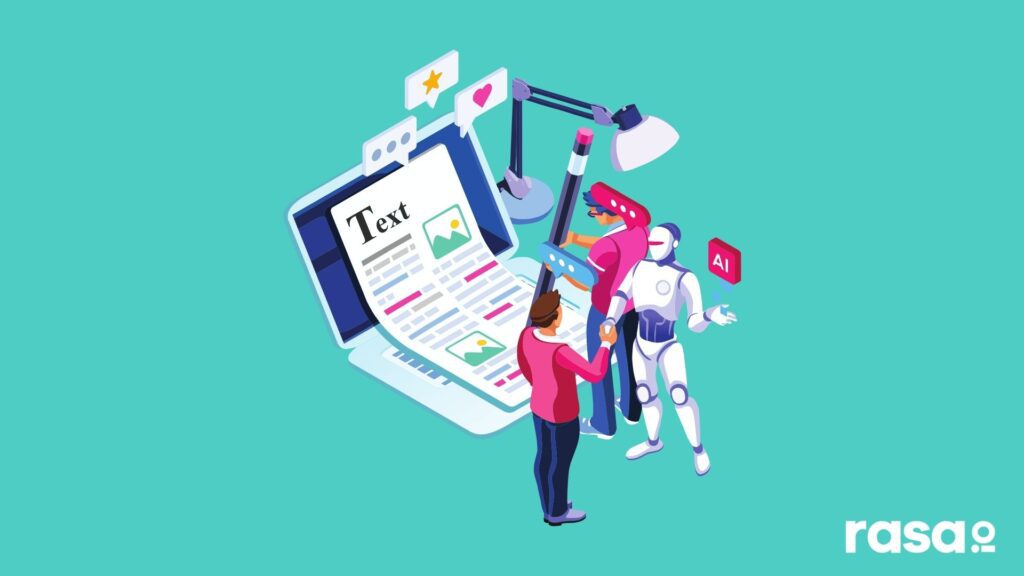Jen Boulden & Amanda Steinberg
How two of the most successful women at the helm of email newsletter media companies think about email. Here’s Jen Boulden and Amanda Steinberg’s story about Pushing Send.
Jen Boulden and Amanda Steinberg share 20-years of experience building businesses, digital platforms, email lists, and progressive movements that have touched millions. Jen’s mastery in branding, marketing and PR combined with Amanda’s financial and tech-savvy expertise make them a passionate powerhouse when it comes to email and digital marketing.
Key Points From This Episode:
- When Jen started IdealBite, she created emails as a way to share ideas about how people can make the world more sustainable. The strategy was based after Daily Candy.
- Amanda started DailyWorth with email as the strategy from day one because it was highly scalable with really low overhead.
- Jen helped mentor Amanda in the early days of DailyWorth with tips on paid growth, barters, and understanding the importance of how you are perceived in the world.
- Both Jen and Amanda discuss what they would have done differently with their newsletters before they were sold.
- When Jen and Amanda created HigherU.com, they knew how to grow and scale a business where you need to have people who are very passionate and buy in.
- They love email for movement marketing and they have a formula for transforming people on your email list to clients, sales donors, etc. Doing the work is a key part of their formula and really staying true to one’s unique self and mission.
- Pursuing 5,000 mission-aligned emails is important because you have to have a big enough audience to generate enough income from a very small percentage of it.
Tweetables:
“It was a hundred percent like just get it into their inbox, let them have an amazing experience, let them walk away feeling satisfied because they just learned something.” – @JenBoulden
“What we know how to do is go from small to big. It’s very much about what we’ve done, but it’s about teaching others how to do it.” – @AmandaSteinberg
“Email allows for just a much more natural flow of a real genuine quote-unquote relationship.” – @JenBoulden
“In order to build a movement, you have to have a big enough audience where you can generate enough income from a very small percentage of it.” – @AmandaSteinberg
Links Mentioned in Today’s Episode:
Episode Transcript
Amanda Steinberg:
I think it’s just validating honestly, like the, for all the times I heard from investors and stuff, email is going away, it’s being replaced by text. There’s a utilitarian functional, uh, structure to like the user experience of your email inbox. And so chuckle maybe more, just kind of like validation of, I’m not as crazy as many people had said I am Jen.
Jen Boulden:
Yeah, absolutely. I mean the same, same. We had a lot of investors turn us down that said email is dead. And then like Amanda said, 13 months later, we sold after taking on investment from the private equity group. And so it was just kinda nice to like look back and be like, Hmm, small, dead, interesting
Bryan Kelly:
From rasa.io, the tool for sending smarter and better email newsletters. This is Pushing Send a show featuring people who sent emails, their subscribers actually want to read I’m Bryan Kelly and on today’s show how two of the most successful women at the helm of email newsletter media companies think about email. Jen Bolden sold Ideal Bite to Disney in 2009. And Amanda Steinberg sold DailyWorth in 2018. Here’s Jen and Amanda. So let’s start with you, Jen, as co-founder of the IdealBite email newsletter was email, always the plan, or did you stumble into it as a publishing model?
Jen Boulden:
No, it was actually very deliberate. I guess you can say I’ve always loved email and still do. Basically we were able to see the power of email, both in our personal lives of it coming into your inbox and you being able to kind of form a relationship with somebody and give them many messages over hopefully a long length of time, but it’s incredibly cost-effective right to get this message across it’s the one-to-many dream. And so when my co founding partner of IdealBite and I were like, everybody keeps asking us for little pieces of advice to go green. So they don’t feel overwhelmed. Email was just the natural partnership there.
Bryan Kelly:
Yeah. I was an early subscriber and remember that, in fact, I’m trying to remember where you publishing both to email and the website at the same time?
Jen Boulden:
We quickly figured out, you know, how to write some script that would pull it out of, um, I think MailChimp and pop it onto our quote unquote blog, right? Like, so it was clugey, but we did it. And the 110% effort was really put into our email. It was not at all about content marketing in the way of like, you know, from a search engine perspective, it was a hundred percent like just get it into their inbox, let them have an amazing experience. Let them walk away feeling satisfied because they just learned something or did something to take action against their pain point of feeling like they were helpless in the fight to make the world more sustainable.
Bryan Kelly:
There weren’t really a lot of examples back then. So was that a good decision to focus on email? Yeah,
Jen Boulden:
Sort of. I mean, again, just the business model and what we went into accomplish and the user experience. It all just lends itself to email and again, like not a heavy lift technology-wise et cetera, but I will tell you right off the bat, we absolutely riff on the business model of daily candy and Daily Candy was if you’re familiar, if some of your listeners, aren’t absolutely one of the premier email publishing companies. And they started in New York city where I was as well, and just started about kind of locally releasing fashion and different like sample sales that would be going on and grew wildly and, and grew so much that they attracted big investors and all the things. And we were like, wow, well, that’s doing pretty well. Like it’s, we’re not even having to hedge our bets here, banking on email. It looks like this is the way to do it for us.
Bryan Kelly:
Amanda, for you with Daily Worth, did you start publishing content to the web then pivoted to email?
Amanda Steinberg:
No, no, no. I actually knew that email was my business model. In 2002, it took me until 2009 to figure out what I was going to put in it because, um, because until then I was running a software agency, which was high overhead, no scale. And I was like, one day I want to run a business that’s highly scalable with really low overhead. And when I realized the unit economics of email, just like Jen looking at Daily Candy, I was like, oh, this is brilliant. I have got to do this one day.
Bryan Kelly:
So was Jen one of those people that you look to and said, I want to do that?`1
Amanda Steinberg:
Oh yeah. I mean that, I’m such an entrepreneur dork that I probably had like clippings of Danny Levy and Jen and all these people. Like some people like stalk celebrities, I stock entrepreneurs and Jen was one of them.
Bryan Kelly:
I love that. Well, part of the reason I’ve been excited to interview you both is because each of you have accomplished a lot in this space and have a ton of great lessons to share. So Amanda, how did you come into contact with Jen? Since I know she became pretty involved in an advisory role to DailyWorth.
Amanda Steinberg:
I’m not kidding. I literally stalked. I didn’t think I stalked her, not in a creepy way, but I had been tracking her and I was like, this is my first year and because I was a developer, I thought I was able to grow a lot faster than I actually was. And I was like, oh, why am I not growing? I need a mentor. So I found, through my network, someone who had Jen’s phone number, I called her. And she was really not interested in hearing from me
Jen Boulden:
Because she was because she was like a stalker. I was driving. And I was like, why does this person have an unknown number keep calling me. I keep sending it to voicemail. And she keeps calling me. And then I was like, Jen, don’t be such a, you know what, go ahead and answer the phone yet. I had a three hour trip ahead of me. And so I was like, go ahead and answer the phone. And it was Amanda. And as like somebody as stalkerly as was she’s adorable and earnest and smart. And so I was like, okay, I’m going to give her some time here. And um, and that’s when she asked me to basically be her advisor. And I was like, well, how many email subscribers do you have? And just like, like a whole, you know, like 2000 or what was the number at that point a minute more than 2000. And, and I was like, ha ha listen, you don’t, you know, you really have to get this bigger before you’re in the game at all. I’m going to give you three things to do. And you’ve got six months and you know, good luck. Then I gave her like some really solid nuggets of things like tricks and tips to do. And she came back and she had done them all. She’s like Jen, I grew my list to 36,000. Like now we work with me. I’m like, yes,
Bryan Kelly:
Amanda, do you remember some of those things Jen told you to implement?
Amanda Steinberg:
I really didn’t know how to do paid growth yet. And Jen gave me some great tips on paid growth and actually hooked me up with her former head of marketing from IdealBite, which was amazing. There were three ways that we really grew in that time period. The first way was understanding these networks that existed, where you could set your cost per lead and they would publish your ads across blogs. And it was kind of blind, but you knew that you could get your demographic and pay a dollar per subscriber. I don’t know if those still do those still exist anymore.
Bryan Kelly:
No, those days are gone.
Jen Boulden:
Those days are gone.
Amanda Steinberg:
It’s really sad. A lot of business. Yeah. They need to come back. The second way was barters, which is finding companies that have the same audience as you, but are non-competitive and sending each other to free things, not to paid things that ended up being like 30% of our growth. So focusing on those types of relationships. And then the third thing is, which is really more nuanced, which is what Jen does is understanding how you are perceived in the world and how you express what you do. And Jen, very early on ripped that apart. The way I had branded daily worth, because that’s not my area that’s Jen’s and suddenly it developed a level of resonance where people understood what we were doing. And we were able to grow a lot.
Bryan Kelly:
This next question, I’m going to direct it each of you, but Jen, we’ll start with you first. In hindsight. Is there anything you would’ve done differently with IdealBite?
Amanda Steinberg:
I’ll just say Jen had like a 10 X exit in like 18 months or something. I don’t think I would.
Amanda Steinberg:
Sorry. Did you ever do anything?
Jen Boulden:
Well, no. No, you that’s funny. And it’s kind of true, right? Like in the sense of, I felt like the whole thing was very guided and I almost mean that in this virtual way, like it was meant to happen. It happened, we did good for the world. We were poster children for people that wanted to do well by doing good. We were poster women for entrepreneurs who wanted to lead up companies and even go get venture capital. You know? So like, were there lots of minor things along the way that we could have done differently? Absolutely. Absolutely. But I feel like all the major things that we did were right on target with hindsight being 20/20 and because Disney ended up not continuing the business, like they had us under their company for about a year and a half and then they basically killed it. Right. And so I would love to say, yeah, we would love this whole to NBC who was next in line in the M and A kind of discussions, but Disney was a bird in hand. And then the economy tanked right after. So we probably wouldn’t have even gotten to NBC. So I can’t even say, oh, I wish we didn’t sell to that person versus another, you know, media company that would have more just been appreciative of like the green halo effect to the brand versus like your numbers didn’t come in during a recession you’re out, you know, or whatever.
Bryan Kelly:
Yeah. Well, Amanda, how about for you? Is there anything you would’ve done differently with Daily Worth?
Amanda Steinberg:
Oh yeah. Lots of things. The main thing I would have done differently, I had a slightly different challenge than Jen because the idea of women and money, women investing was like really hard for most VCs to wrap their heads around. And even for banks because banks don’t perceive women as investors because they take a lot longer to move assets. So the biggest thing I would have done differently is I would have raised less venture capital and I would have focused more on what was really lucrative for us, which was our information product, business courses, classes, stuff like that. I have a lot of friends who never raised any money and who have like 10, $20 million businesses now by doing that. So I that’s the main thing advertising for around women and investing, being the subject was a really, really hard battle
Bryan Kelly:
When we come back, Jen and Amanda, talk about what they’re doing now and why they’re doing it. And I’m sure you can imagine it involves email newsletters. I’m Bryan Kelly, and you’re listening to Pushing Send from rasa.io.
rasa.io:
You deserve to get more from your email list, more sales, more leads, and more engagement, but publishing a consistent newsletter that gets you more it’s time-consuming. so at rasa.io, we’ve simplified the process. We’ll automatically personalize emails for each of your subscribers based on their interests. And when your subscribers get more of what they want, you get more, what you want. Everybody’s happy. You want to see how it works. Visit www.rasa.io and click how it works.
Bryan Kelly:
Welcome back to Pushing send. I’m Bryan, Kelly. Here’s Jen and Amanda explaining what they’re up to and how they’re leveraging the expertise they’ve built around email. Now we’ve talked about each of your past email newsletter businesses, but what if you both got together and started a company that was all about using email to build movements? What would that look like?
Jen Boulden:
Good tee up there. We would probably have it at the url higheru.com. So yeah, that’s what we did because we wanted well. We were doing a lot of like what we know not to do kind of, which is private clients. One-on-one not really affecting the most amount of change. Right? And so we’re like, why aren’t we doing this to one to many and helping other social impact entrepreneurs grow through the power of email marketing and the tie in between the social impact part is because, you know, Amanda’s mission was about feminism and getting women to know their self-worth through knowing a little bit more about how to have power at the kind of financial table. And obviously ours was green and that’s what Amanda and I care deeply about making the world better and the power of entrepreneurship. And we felt like we had a playbook for certain on how to grow and scale a business where you need to have people like fully kind of passionate and bought in. And even if they don’t ever buy, they’re still part of your tribe for lack of a better word, they’re still part of, you know, the whole movement of your thing. And so we were like, let’s just, let’s just see how this goes. So we did it early last year. We’re just launched our first course early March and then COVID hit. And so we kind of got lucky only in the sense that people could still, hopefully, you know, if they still had the income coming in, they could still do our course.
Bryan Kelly:
Sounds like it’s less about building a business based on an email list. So how do you articulate that as you’ve thought about where you want to put your collective talent and energy?
Amanda Steinberg:
When Jen and I connected around starting HigherU, she, and I didn’t need to be on the front lines cause we already have been multiple times over, um, and our desire wasn’t to do what we know how to do again, we really wanted to teach others. So like for example, in 2019, I worked for Marianne Williamson for president and I took what Jen taught me and a few of the other things I had learned. And I implemented it as her head of digital fundraising and raised more money for her in five days than she had any month prior. And that was when I called you, I was like, Jen, do you realize what we know how to do what you taught me when I just did? And that like a lot of the things that we care about feminism, sustainability, racial justice, you know, all the things that are going to keep humans alive and thriving and happy in the future. There’s just too many people on the ground building these movements that don’t know how to do what we know how to do, which is go from from small to big. So that’s the, that’s why we are running a training company. It’s very much about what we’ve done, but it’s about teaching others how to do it,
Jen Boulden:
Add something there. Bryan, the reason that we love email for movement marketing, right, is we have a formula and it’s kind of like our proprietary system, so to speak. And the idea is, is that you want to reach as many people have them hear your message, have them transform in whatever smaller, big way. And then a smaller percentage of them of your email list will eventually turn into clients, sales donors. What have you? Right. So it’s ast a wide net, make an impact. And then it’s cool if only 1%, 2%, whatever, eventually convert, you know, at the end of, you know, your, your nurture sequence going into, then your eventually your transaction sequence in your email. And so it also just lent itself to that really well because Amanda and I both have a visceral dislike of what we call bro marketing. And it’s like, but wait, there’s more kind of thing. And so you don’t have to do that when you actually have the audience, captured engaged, and you’re genuinely giving them something you’re genuinely like when you’re producing a piece of content or giving them as we call it a digital gift of sorts, right? Like a download or an assessment or an interview that they can click through to the video. You know? So when you’re giving them stuff that they actually are, are wanting and able to apply to their life and seek value from like that only builds a relationship. I started at IBM a million years ago and I had like, they made me go take a course called like relationship marketing. And it’s just funny because that’s what this is like in any relationship you need time and multiple interactions, right? You don’t just like walk right into a party and say, Hey, nice to meet you. My name is Jen, let me tell you my whole life story. And by the way, can I borrow 50 bucks? They’d be like, who are you? Why are you wasting my time with your story when I don’t even know if it’s relevant and like, why are you asking me for things? You know? And so email allows for just a much more natural flow of a real genuine quote unquote relationship.
Bryan Kelly:
Do you both have stories or case studies you can share with people you’ve worked with this past year through HigherU perhaps maybe some examples of what you’re doing, how you’re doing it and why?
Jen Boulden:
So Bryan, we have the coolest cast of characters, which I really feel like that term, like, no Blease oblique. Like if we are somehow in a position of nobility in the email is this world, then we’re using it for good. And the fringe benefit of that is it brings forth really amazing people that are doing really amazing things, right? They’re passionate. They want to change the world in their own unique way. And it’s just so fulfilling for us to be able to help them. And our program used to be 12 weeks and then we extended it to 16 weeks because we realized like everybody kept calling us the missing link because all the other marketing courses and whatever, were just a piece of the equation, but you can’t just do one thing. You can’t just have really good Facebook marketing and then the rest is going to just happen. Right? Like it is literally a soup to nuts. And that if w you know, Amanda, when she said that I tore down her brand and we started fresh, like it’s true. And she was like, I can’t, I just paid blah-di-blah to have this done. And I’m like, I’m so sorry. Like, you just, you can’t step on the gas if your car is broken, people are coming in and, and like doing the work and then seeing a lot of change. And I, I emphasize doing the work, right. This is not like any sort of get rich quick or gained 5,000 email subscribers in two weeks. You know what I mean? So these are just like legitimate earnest, you know, sometimes already successful entrepreneurs in their own right. And then we give them our formula. So I’ll give you an example. We had a female fisherwoman from Alaska who was doing sustainable fishing, and she ships direct to consumers. You know, it was more like fish, be happy kind of message. And we were able to work with her, pull out her story of that. Like, she’s like a third generation fisherwoman, and they have deep knowledge of the ecology of the area. So they’re able to, you know, really respect that. And then of course, just being in a usually traditionally male led role and being a woman and being successful at it. And so as you hadn’t done any digital marketing, right? So what we teach is you don’t have to spend a ton of money, but you can just set up almost like a, uh, well, it’s basically a marketing funnel. Your audience probably knows what that is. Right? So you just send people to a landing page. It’s been crafted very much around your mission, very much around your passion and very much around why you’re different in, in, in marketing terms, you know, like your UVP, like why, what makes you unique, um, your unique value proposition. And so that becomes your area of focus. And then you start getting the email subscribers. So after Sarah took our course, the most immediate result was that she, applied for and was selected as a Tory Burch fellow. And she basically came back to us and said, I could have never written an application in a way, right. That would get me in. So thanks for that. And of course, thanks for all of the increase in emails and then, and then sales. So we also have, uh, Christine who hadn’t didn’t really have a lot of the entrepreneur experience even, but just an amazing, like student came in, did the work and launched an agency based on kind of our work, but like we didn’t care. And it was also because she targets her background was more in the political realm. And so she was able to create an agency that then helps basically, uh, political candidates and nonprofits raise money using our methodologies. Right. And it’s doing really well, like, you know, so that’s super cool. And then we have like, David, he was a, or is like your town artist COVID hit, all of his concerts were canceled. He came to us, we got him online business revenue by basically developing this lead magnet where you get like five little audio clips delivered to your phone that is chanting. And then it explains what it means and kind of the benefits, you know, the landing page is like, you know, are you chant curious? Like if you, if you’re in yoga and you’re, you’re like, wow. Yeah, it feels good to say ohm, like, this might be for you and you can’t sit still in meditation. Like this might be the alternative. And so anyway, so he now doesn’t need concerts and is making more money than he was before we have, um, also more established clients that had multi-million dollar businesses that then because of what we taught them, they were able to reduce their marketing cost by a third. So when you’re running, you know, 25k a month in marketing, that is a significant savings month over month.
Bryan Kelly:
Now, those are all really great examples. So thanks for sharing those. Now, one final question I noticed on your website for HigherU there’s messaging that essentially talks about pursuing 5,000 mission aligned email subscribers as a goal for the people that you’re working with. And I wondered is there significance in that number? Like why 5,000,
Amanda Steinberg:
We haven’t done anything, you know, truly scientific, but in what we’ve observed over the last 20 years of doing this is that in order to build a movement, you have to have a big enough audience where you can generate enough income from a very small percentage of it. And the only way you do that is if you have enough people, and there’s just this inflection point around 5,000, where you start to be able to make real money where you don’t need a side job where you can also reinvest back into your growth.
Bryan Kelly:
Jen Boulden and Amanda Steinberg are incredible examples of how we can utilize email in genuine and authentic ways to cultivate an audience and rally them around our mission and our purpose. I believe that it doesn’t matter specifically what your business is, but this perspective will help you have stronger engagement and influence if done right. Coming up on our next episode, we’ll hear from Jackie Bledsoe, an author and speaker who views himself as an email marketer first, you won’t want to miss what Jackie shares during our conversation together. So if you’re listening to pushing sin for the first time, be sure to subscribe at apple podcasts or wherever you’re listening. So you don’t miss an episode. And if you’ve enjoyed what you’ve heard and encourage you to check out a few other episodes while you’re here, lastly, leaving a review will help us share these stories with others. Like you, thanks in advance for doing that. I’m Bryan Kelly, and you’ve been listening to Pushing Send from rasa.io.
Listen to the next podcast episode
How one author and speaker considers himself an email marketer above everything else. This is Jackie Bledsoe’s story about Pushing Send.
Check out the previous podcast episode
How one contributor to Forbes and a social media ghost writer went about launching her own email newsletter despite a large following on networks like LinkedIn. This is Amy Blaschka’s story about Pushing Send.





